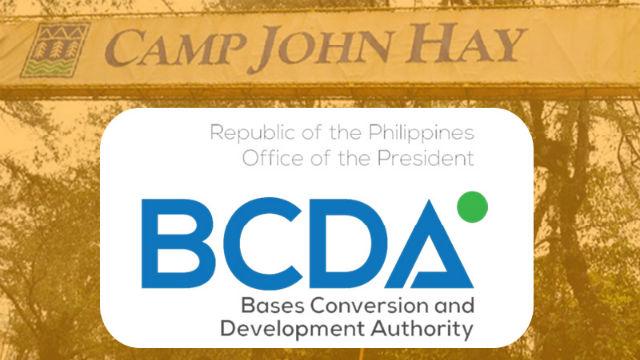LUNA, Apayao – Aiming to alleviate poverty through the provision of livelihood programs, Agriculture Secretary Emmanuel F. Piñol introduced the new special program known as the Special Area for Agricultural Development (SAAD) during his visit to the Apayao.
The special program will focus on 10 priority provinces in the country as part of President Rodrigo Duterte’s thrust to increase food production and alleviate poverty in these poorest provinces of the nation. Among the first 10 poorest provinces as the recipient of the said program is Apayao which ranked second poorest in the country. Other provinces include Eastern Samar, Northern Samar, Western Samar, Negros Oriental, Zamboanga del Norte, Sarangani, North Cotabato, Maguindanao and Lanao del Sur.
Under the SAAD, the DA has allocated Php100 million worth of livelihood programs to help improve the lives of the farmers in Apayao. The first Php50 million will be given this year, while the other Php50 million will be given from January to June next year.
“We will look at it as a benchmark engaging the success of the program. After three years, we will come back to the province and assess the poverty incidence of Apayao. We will not stop or end our commitments until we are able to address poverty in your province,” committed Secretary Piñol.
SAAD will only focus on the provision of livelihood programs which have been proven to be a “sure-fire” formula in addressing poverty.
Among the livelihood options identified for implementation is the Family-based Food Production Program (FFPP) wherein 4Ps beneficiaries under the Department of Social Welfare and Development (DSWD) will participate and will expand into food production projects to maximize the government’s interventions in improving their lives.
Another option is the Family-based Agro-forestry wherein an identified upland family is designated as the caretaker of an area that has been planted with harvestable tree species to make the program sustainable. Vegetable production is also given as an option using the Israel Green House Technology, and backyard gardening as well.
Other livelihood activities that the key officials and farmers could look into include contract farming, the establishment of hogstel, and dairy farming. In contract farming, farmer groups or individual farmers will be engaged in contract farming with the local government unit, thus, ensuring them of a market for their produce. On dairy production, farmers will be organized into groups and will be trained on dairy farming. Their milk production will be collected and brought into storage and processing facilities for packaging to be delivered to elementary schools with high malnutrition or under-nutrition rates. Establishment of a common facility called hogstel wherein farmers could raise hogs is another alternative since many of the farmers in Apayao are into livestock raising. In the program, poor families will be given piglets to raise and the cost of piglets, seeds including board and lodging fees of the raised pigs will be deducted from the farmer’s income once the pigs are sold.
Distribution of fishing boats and nets and aquaculture alongside rivers and even backyards is also an option presented.
By Leny Mendoza













